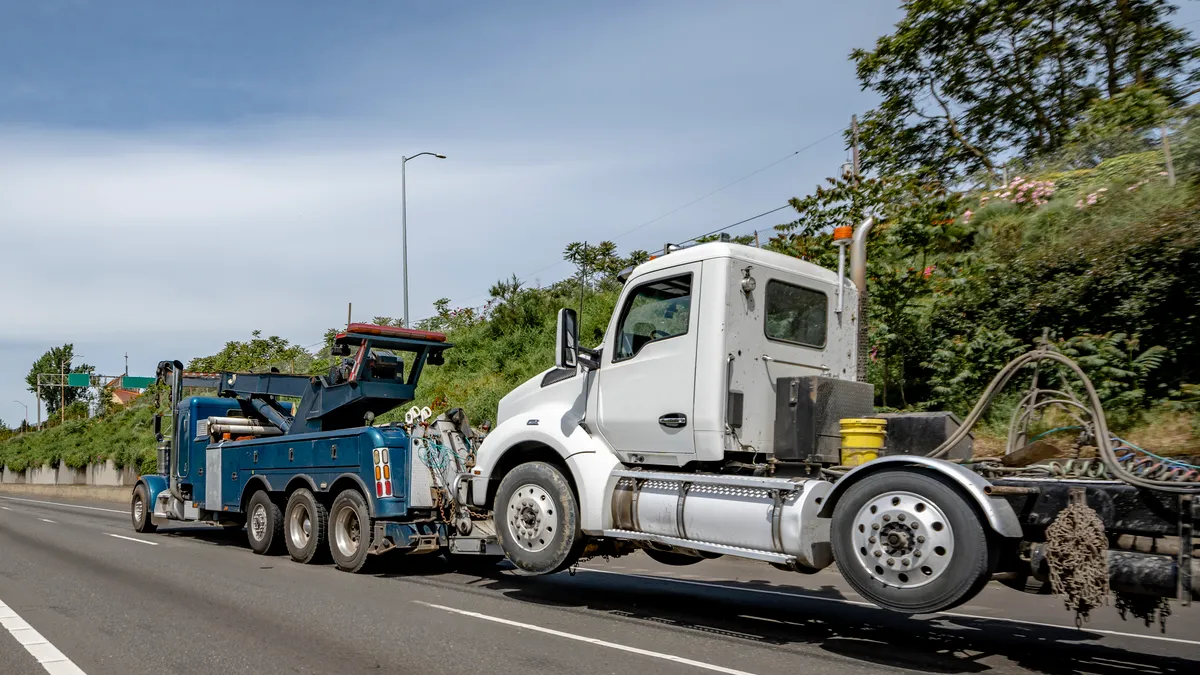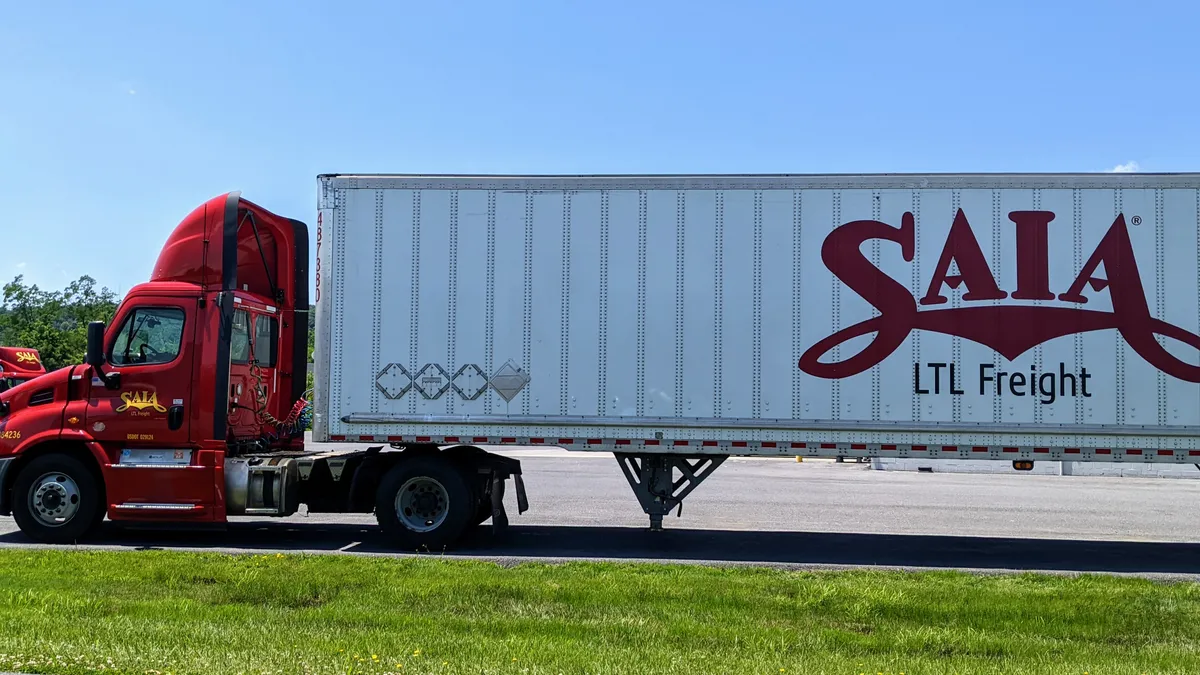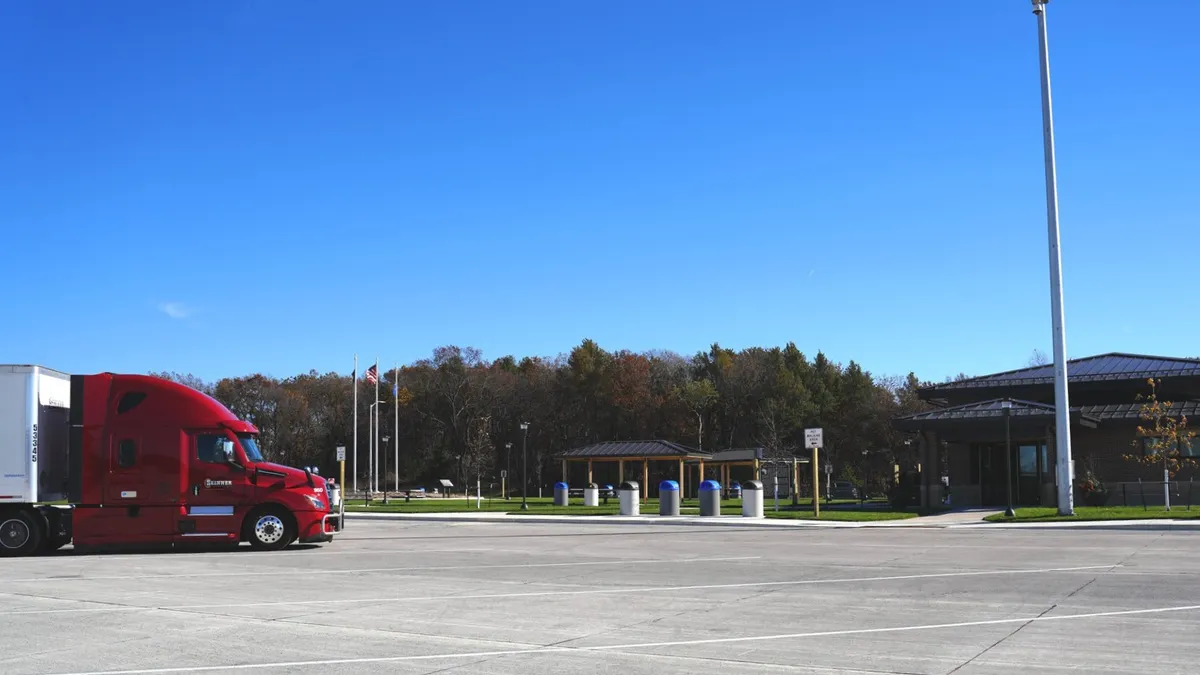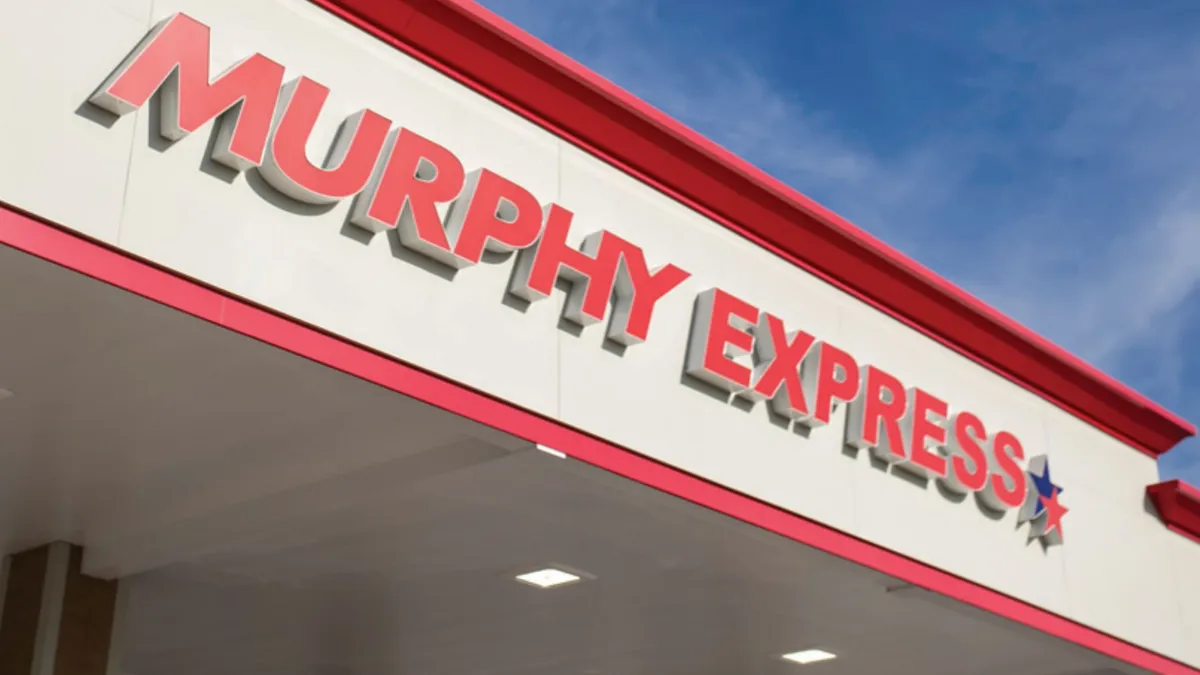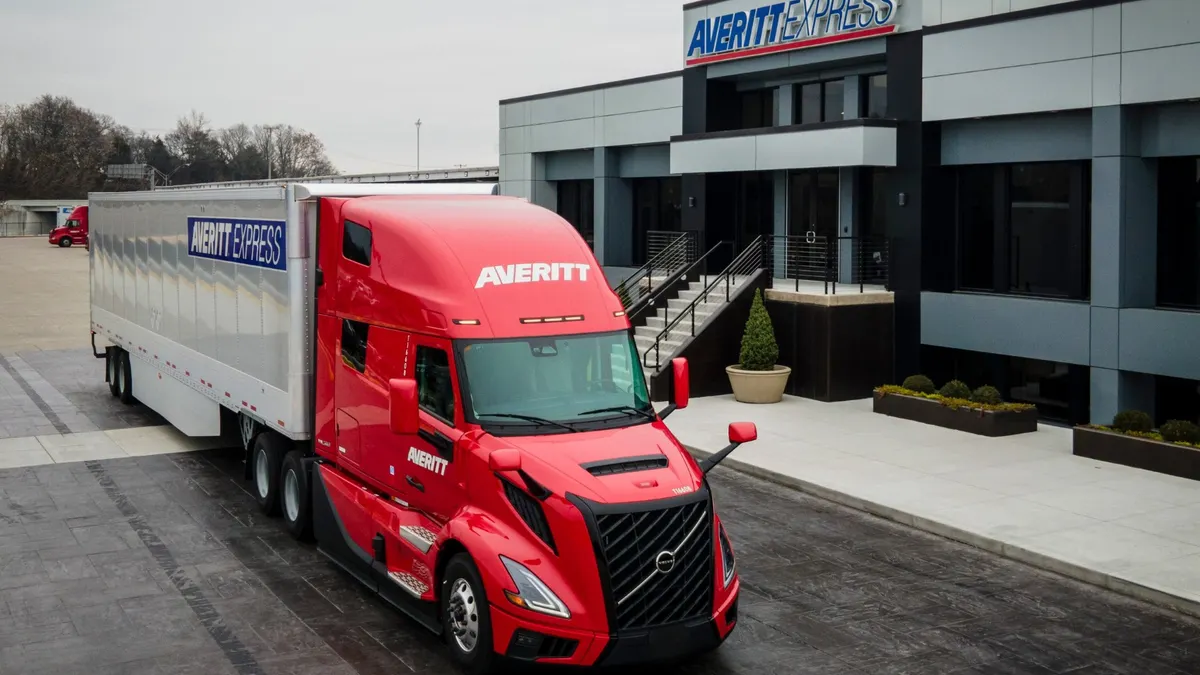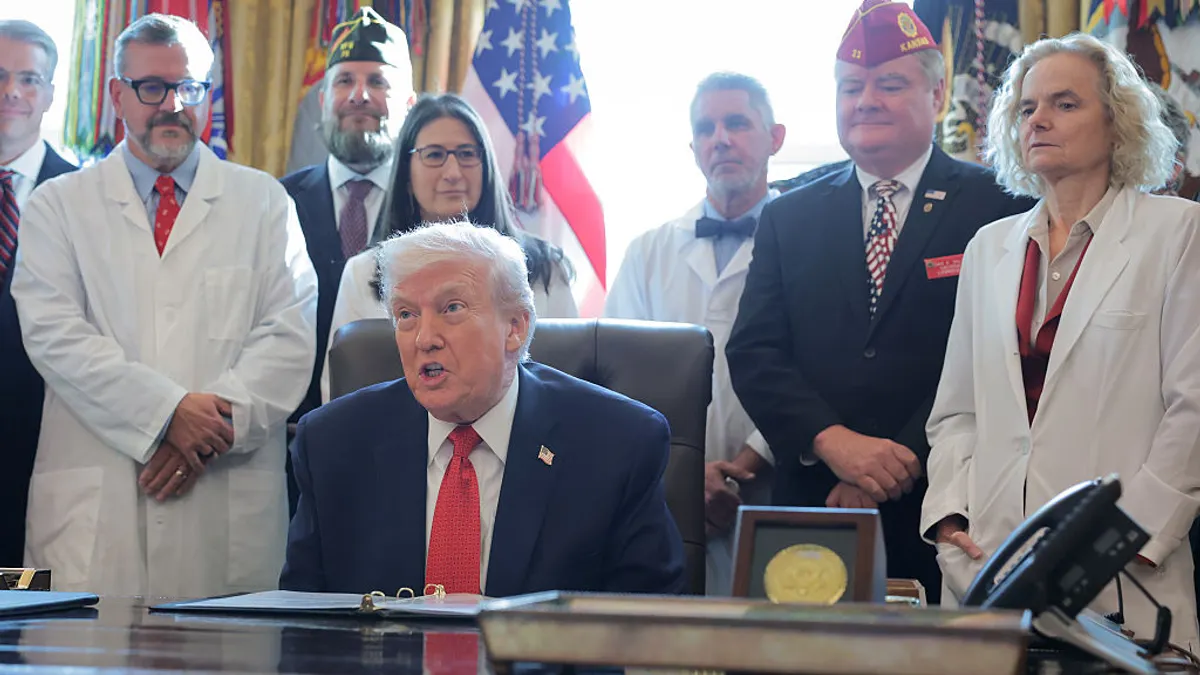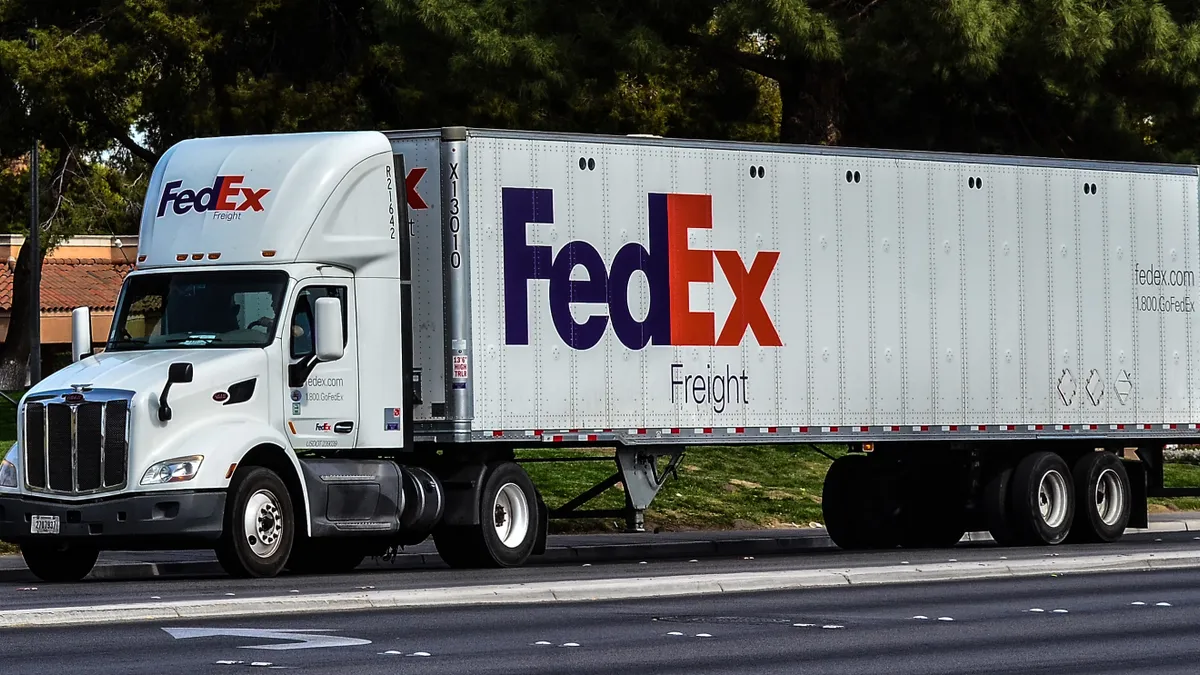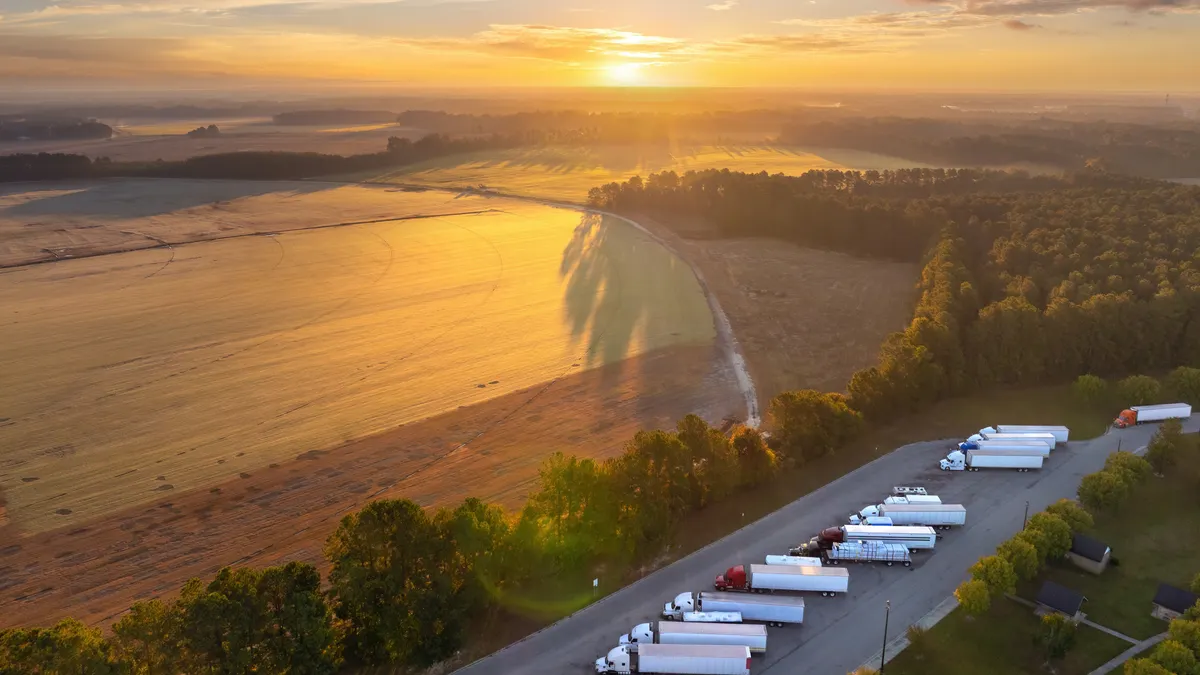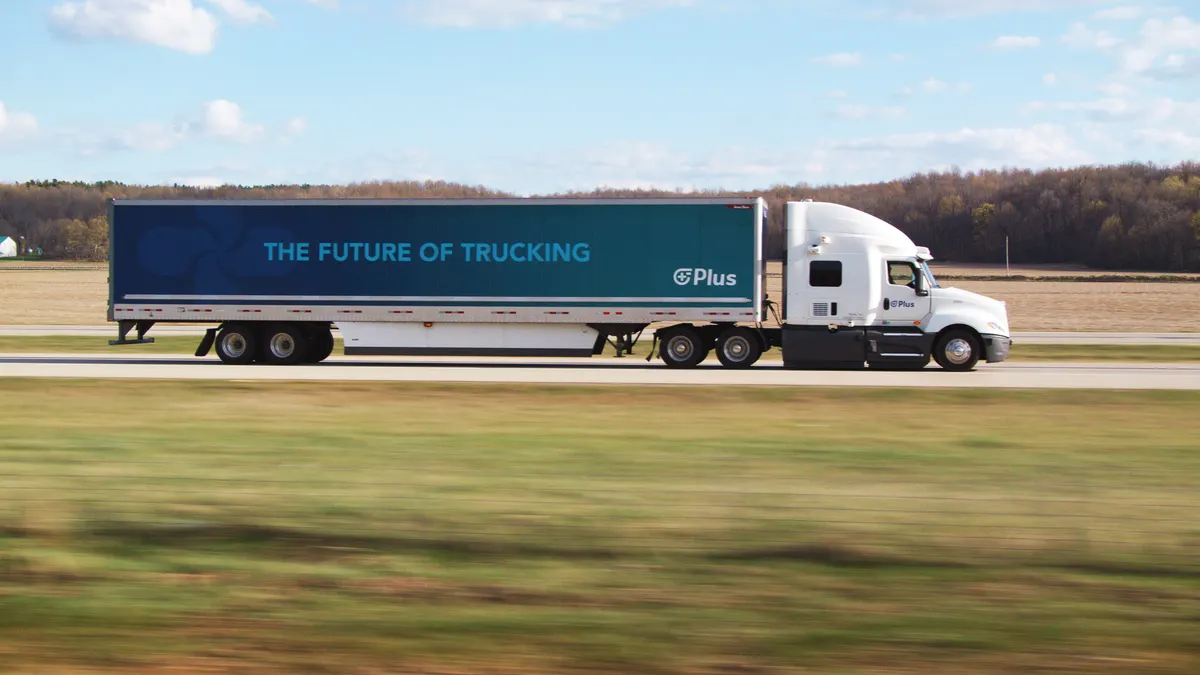Excessive rates for equipment and labor. Surcharges for environmental conditions like poor weather. Administrative fees. Charges for lights, headsets and chains. Delayed claims while storage charges mount.
The trucking industry faces many forms of predatory towing, and the most prevalent ones — excessive rates and extra surcharges — now appear on almost 30% of all crash-related tow invoices, the American Transportation Research Institute said in a report last week.
Nearly 83% of carriers reported being billed at excessive rates and almost 82% reported unwarranted extra charges, according to ATRI, the American Trucking Associations’ nonprofit research arm.
Shawn Brown, VP of safety at North Carolina-based carrier Cargo Transporters, said in a statement the issues are costly for motor carriers and compliant towing companies alike, and have remained “overlooked for too long.”
So what can carriers do to prepare and what should they do if they’ve been handed an inflated invoice?
ATRI’s Causes and Countermeasures of Predatory Towing report included a Q&A offering tips for carriers from attorneys Rob Moseley and Martin Cain at Moseley Marcinak Law Group, and Adam Brand and Shahan Kapitanyan of Brand & Tapply LLC. Their suggestions include training drivers on documenting a tow at the scene of an accident and asking a local trucking association for a preferred towing company to ask police to call.
Editor’s Note: The partial Q&A reproduced below pertains most specifically to trucking carriers. The entire Q&A, including tips for insurance companies, can be found in the ATRI report.
How can motor carriers prepare for predatory towing?
MOSELEY AND CAIN: Avoid a predatory towing company in the first place by contacting a local trucking association to find a preferred towing company that you can instruct law enforcement to call to an accident scene. Research the towing laws of the states in which your trucks regularly operate.
Instruct drivers on how to take photos and videos of the accident scene, including the vehicle’s exact position and any spill of oil, fuel, or cargo as well as the number of workers sent by the towing company, what they are doing at the scene, how long they remain on scene, and the amount and type of equipment used to tow the vehicle and clean up the scene (including wreckers, hazmat trucks and trailers, stick booms, skid-steers, track hoes, blowers, sweepers, dry mats, fill dirt).
What are the most important things a motor carrier can do — or can instruct drivers to do — to mitigate predatory towing situations?
BRAND AND KAPITANYAN: The commercial truck driver can be a key witness in predatory towing cases. Motor carriers should instruct their drivers to take note of when the tower arrives and departs from the scene, what equipment and the number of laborers used in the recovery and if outside resources participate in the tow/recovery, such as fire, public utilities or other outside vendors.
Frequently, [towing and recovery] companies request that drivers sign documents at the scene such as assignment of rights, agreements to rates, etc. There is no requirement that these be signed, and we would recommend your drivers be instructed not to sign any documents. Ultimately the driver will be able to serve as a witness to what transpired during the recovery and how long it took.
What are the most important things a motor carrier and its legal representatives can do to address a predatory towing situation?
MOSELEY AND CAIN: Contact your insurer so that it can negotiate with the T&R company or hire a law firm experienced in truck T&R issues to negotiate or send a demand letter. If negotiations are unsuccessful and you can’t afford to pay the invoice under protest, file a lawsuit to seek a temporary injunction or a replevin action where you can post a bond and regain possession of your vehicle to stop storage costs.
Bring claims for unjust enrichment, unfair trade practices, fraud, and conversion. Send a Freedom of Information Act (FOIA) request to Highway Patrol/State Police and State Department of Transportation asking for any records regarding the T&R company’s membership on law enforcement’s rotation and any complaints filed against the towing company. (A sample FOIA is included as Appendix E in the report.) As appropriate, file a complaint against the T&R company with Highway Patrol/State Police or the Attorney General for the state in question. It is critical to compare the costs that a T&R company has filed with the state’s rotation list to the rates they charge on a predatory T&R invoice.
What is the most important regulatory information that motor carriers and their legal representatives should know when handling a predatory towing situation?
MOSELEY AND CAIN: Many states require Highway Patrol/State Police to use a T&R company requested by the motor carrier, subject to certain limitations. Some states require towing fees to be “reasonable” for the services rendered, meaning they must be equivalent to fees charged on non-rotation calls for similar services. In some states, fees have to be approved by the Highway Patrol/State Police.
Some states provide that mileage fees can only be charged if the motor carrier requests the vehicle be towed to an area outside the wrecker’s designated zone. Vehicles to be removed from private property generally require a written request/posted notice from the private property owner warning that vehicles are subject to tow. Notice must generally be given to a vehicle owner prior to a lien sale or public auction.


